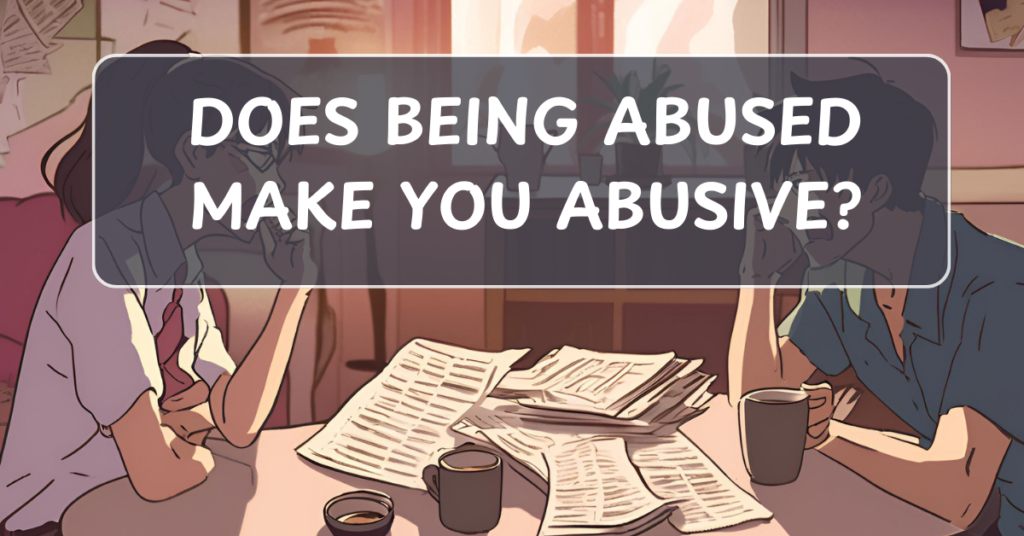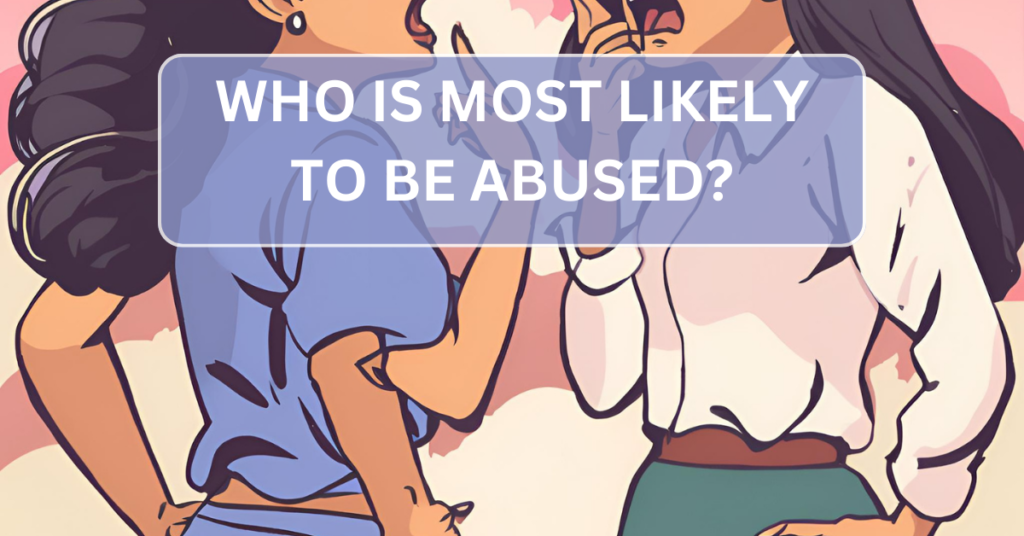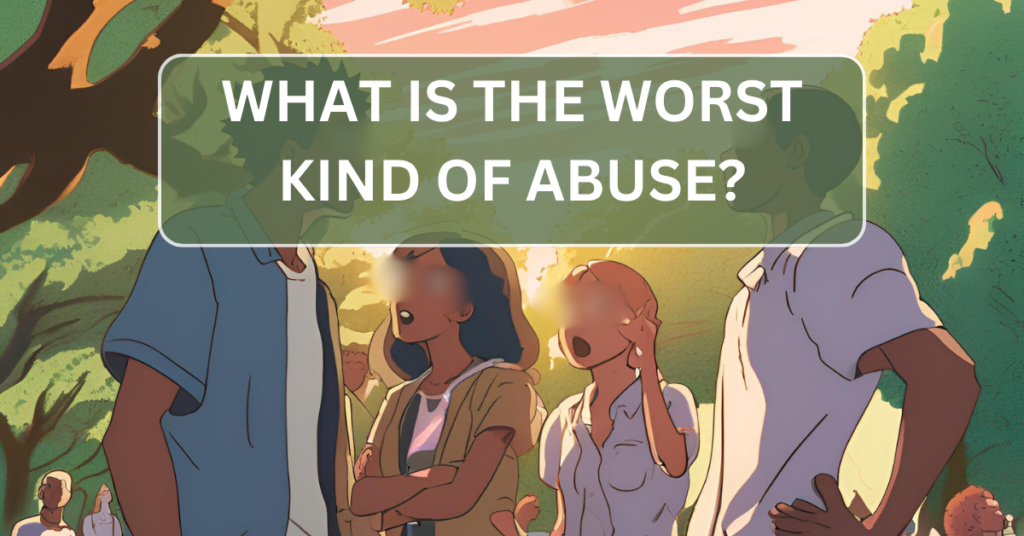
Abuse is a painful and often traumatic experience, and its effects can linger long after the abusive situation has ended. A common concern is whether experiencing abuse makes someone more likely to become abusive themselves. While some individuals who were abused may exhibit harmful behaviors later in life, many do not. The relationship between being abused and becoming abusive is complex and influenced by various factors.
The Cycle of Abuse
The “cycle of abuse” refers to the pattern where individuals who were abused, especially as children, may repeat similar behaviors as adults.
- Learned Behavior: Children exposed to abuse may grow up thinking it’s a normal way to express anger, frustration, or control.
- Unresolved Trauma: Unaddressed emotional pain from past abuse can manifest as harmful behaviors toward others.
- Power Dynamics: Someone who felt powerless during their abuse may seek to regain a sense of control by dominating others.
However, this cycle is not inevitable, and many survivors actively break free from it.
Why Some People Break the Cycle
Many people who have experienced abuse choose not to perpetuate it. Factors that help break the cycle include:
- Self-Awareness: Recognizing harmful patterns and making conscious efforts to avoid them.
- Therapy and Support: Professional help can provide tools to heal from trauma and develop healthier behaviors.
- Strong Relationships: Positive, nurturing relationships can offer a model for respectful interaction.
- Personal Values: Survivors often reject the idea of causing the same pain they endured.
Breaking the cycle requires effort and support but is absolutely possible.
Abuse Is a Choice, Not an Inevitability
It’s important to emphasize that abuse is always a choice. While past experiences can influence behavior, they don’t determine it. People who become abusive often:
- Avoid Accountability: Use their history as an excuse for harmful actions.
- Choose Control: Abusive behavior is a deliberate decision to assert power over others.
Survivors of abuse are not destined to become abusers—they can choose healthier, more compassionate ways to interact with others.
When to Seek Help
If you’ve experienced abuse and are concerned about your behavior:
- Acknowledge the Issue: Self-reflection is the first step to change.
- Seek Professional Help: Therapists can help address unresolved trauma and develop healthier coping mechanisms.
- Learn Healthy Communication: Practice expressing emotions without resorting to harmful behavior.
- Build a Support System: Surround yourself with people who encourage positive growth.
It’s courageous to seek help, and it shows a commitment to breaking harmful patterns.
Hope and Healing
Being abused doesn’t define your future. Survivors have the power to choose compassion, self-awareness, and healing. While abuse can leave deep wounds, it doesn’t dictate who you are or how you treat others. With the right support and effort, you can break free from the shadow of abuse and build a life based on kindness and respect.
If you’re struggling with the effects of abuse or concerns about your behavior, reach out to a trusted counselor or support organization. Change is possible, and help is available.


